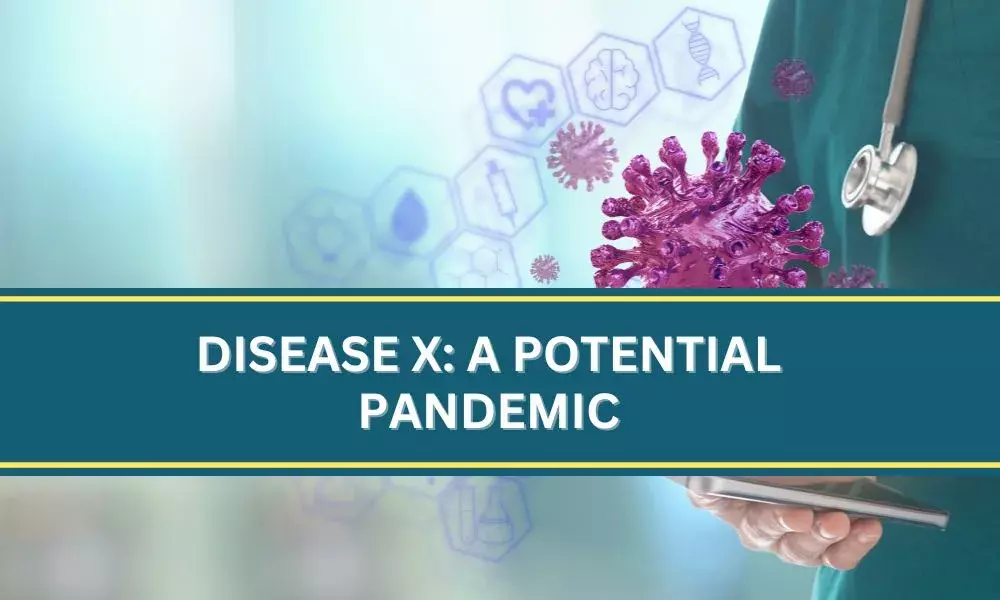As COVID-19 comes to an end, there can be a possibility of another life threatening disease that the world may soon face.
The World Health Organization (WHO)* has recently added a new disease to its list of priority diseases. According to scientists, this disease which is referred to as “Disease X” for the time being, can be deadlier than COVID-19.
The priority disease list of WHO includes SARS, Ebola, and Zika. Disease X is believed to have an unknown pathogen that can result in more deaths than were caused by COVID-19. Based on this finding, WHO has issued a strong warning to the world to be prepared for the next life-threatening pandemic.
What is ‘Disease X’?
According to the WHO, the phrase Disease X refers to an unknown pathogen that could potentially cause a future epidemic. This phrase is being used in the media frequently nowadays – but what does it exactly mean?
As per the scientists, Disease X represents the knowledge and initial evidence sufficient to testify that a serious epidemic at a global scale could be caused by a pathogen that is currently unknown to cause human disease. Disease X was first coined in 2018 by the WHO, a year before the Covid-19 pandemic struck the world.
Disease X continues to pose a serious threat to human health and so it is vital that medical countermeasures are discovered and deployed in time. It is believed that this planning could revolutionize the future response to a global pandemic.
Some public health experts believe the next Disease X will be zoonotic, meaning it will originate in wild or domestic animals, then spill over to infect humans, such as Ebola, HIV/AIDS, and Covid-19.
What We Know About ‘Disease X’?
-
Disease X is not real YET.
-
It is a term used for potential diseases that could wreak havoc in the future.
What should be done?
Amidst these findings, the WHO urges that there is an urgent requirement to discover ways and mechanisms to address such medical emergencies so that the loss of human life can be controlled. It warns the world to be prepared for another devastating pandemic.
The lessons learned from Covid-19 serve as a reminder of the importance of preparedness, robust healthcare systems, and international cooperation to mitigate the harmful impact of future health crises.
The world must come together in its efforts to combat against the potential pandemic. WHO suggests that global economies should come together and ensure collective response against future pandemics is swift, comprehensive, and grounded in science.
On the individual level, it is important to build strong immunity and have an active lifestyle.





